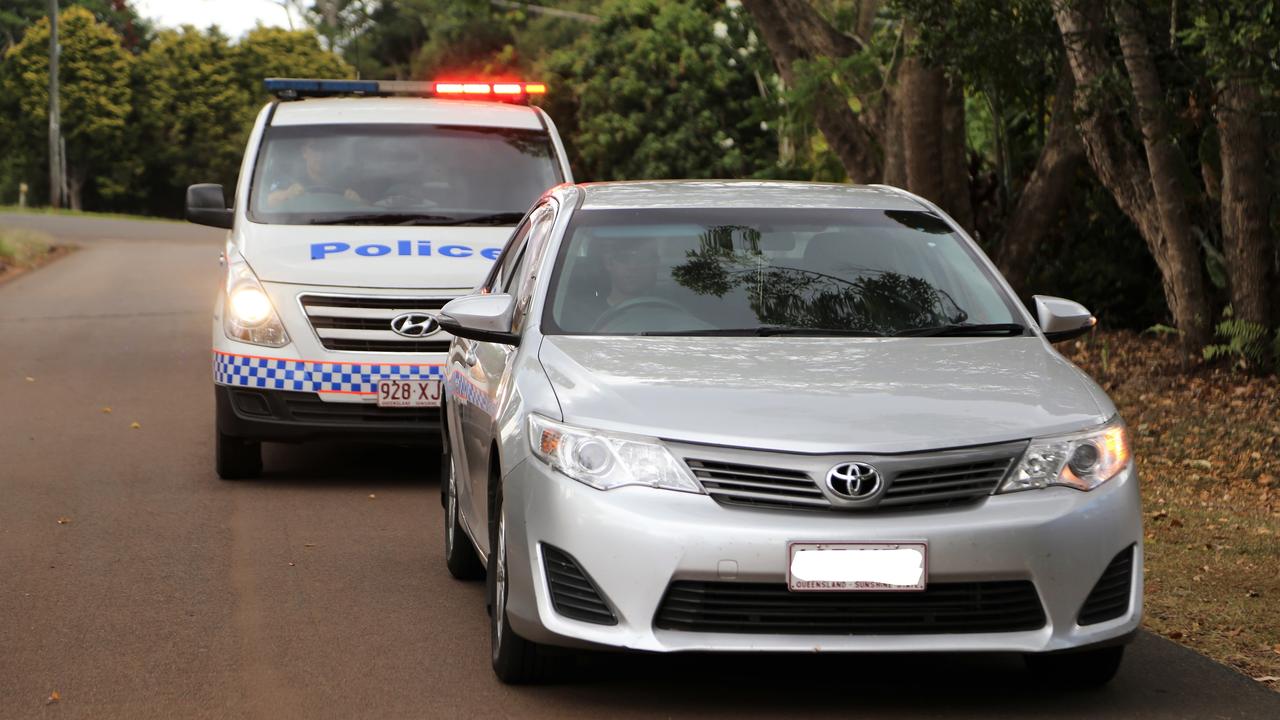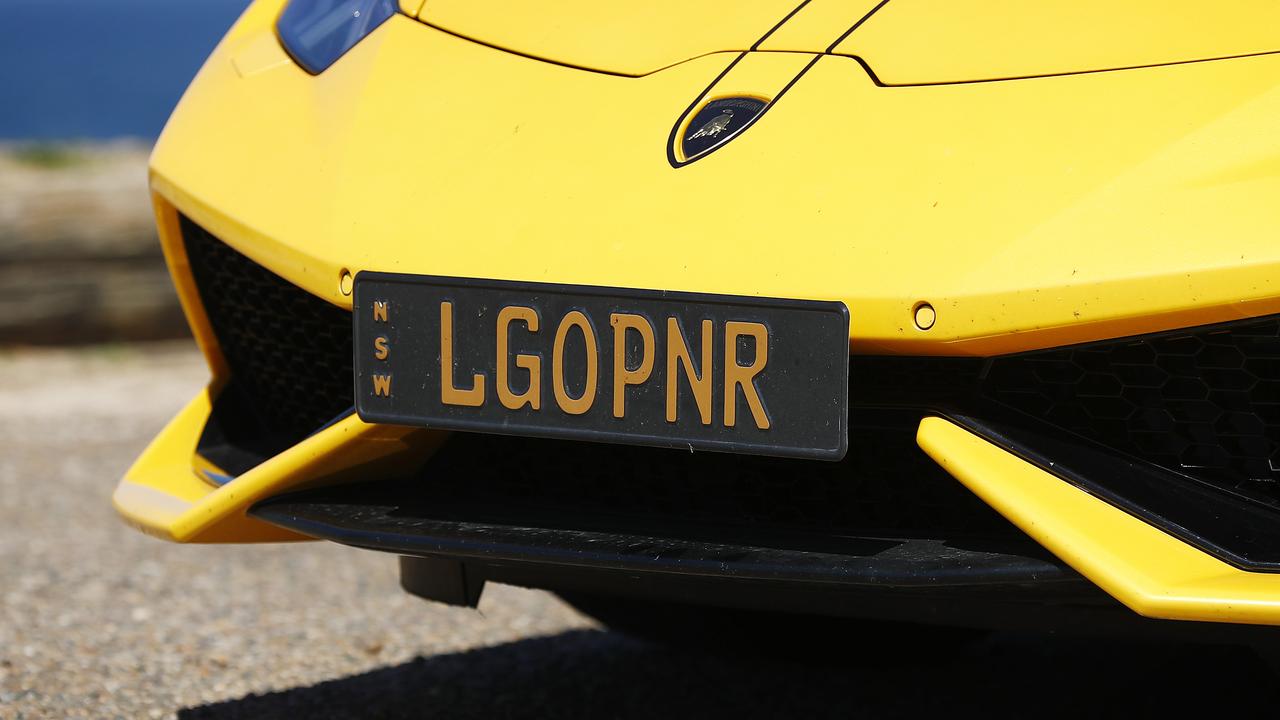Bicycle graveyard filled with GPS tracked rental bikes highlights failing business model
THIS picture highlights a huge problem currently facing China and there is a very strong likelihood that Sydney and Melbourne could face the same fate.

UNDETERRED by the frequent controversy surrounding bikes cluttering public spaces, more dockless bicycle sharing companies are starting to surface on the Australian market.
The GPS tracked bikes aim to offer a cheap alternative to public transport or driving, with bicycles rented at just $1.99 for half an hour, plus refundable membership fees.
While the ride-and-pay model, expansive data set and large interest earned from the refundable membership fees are all helpful in bike sharing services making money, it appears increasing competition and vandalism are becoming too much for these companies to survive.
Evidence of the failing concept can be seen in China, where too much competition and insufficient demand has seen the development of a bicycle graveyard that is home to thousands of bikes from all of the major operators.
I was astonished at how China’s bike sharing scheme had ballooned when I returned there in the summer. Now these remarkable @guardian photos show the boom is bust https://t.co/tNZb53LGhT pic.twitter.com/MlY6OXMTCb
— Mark Stone (@Stone_SkyNews) November 25, 2017
The images come after China’s third highest ranked bike sharing company went bankrupt, sparking questions about the future of the scheme in China and beyond.
Bluegogo reportedly went bankrupt after burning through $A119 million in venture capital churning out bikes in an attempt to keep up with the competition.
However, it appears it wasn’t enough with bike behemoths Ofo and Mobike having $A1.7 billion and $A1.2 billion, respectively.
Bluegogo chief executive Li Gang said he felt some responsibility for the failure of the company.
“As a CEO, I’ve made mistakes,” he said. “I was filled with arrogance.”



However, assistant professor Chen Lin said Bluegogo’s failure represents the bubble collapsing for shared bike services, with the model only viable for those with the deepest pockets.
“The winner-takes-all outcome is what happens to almost all internet companies in China,” he told the Financial Times.
“The size of China’s market means that the benefits of creating a large network are even more important here, and that gives bigger companies an advantage.”
These sentiments were shared by former Bluegogo employees.
“I think in internet sectors there can only be one giant. There’s nothing you can do without funding, as we saw with Uber China and Didi,” the anonymous employee said.
As for the future of bike sharing services in Australia, only time will tell who will survive.
Continue the conversation in the comments below or with Matthew Dunn on Facebook and Twitter.




